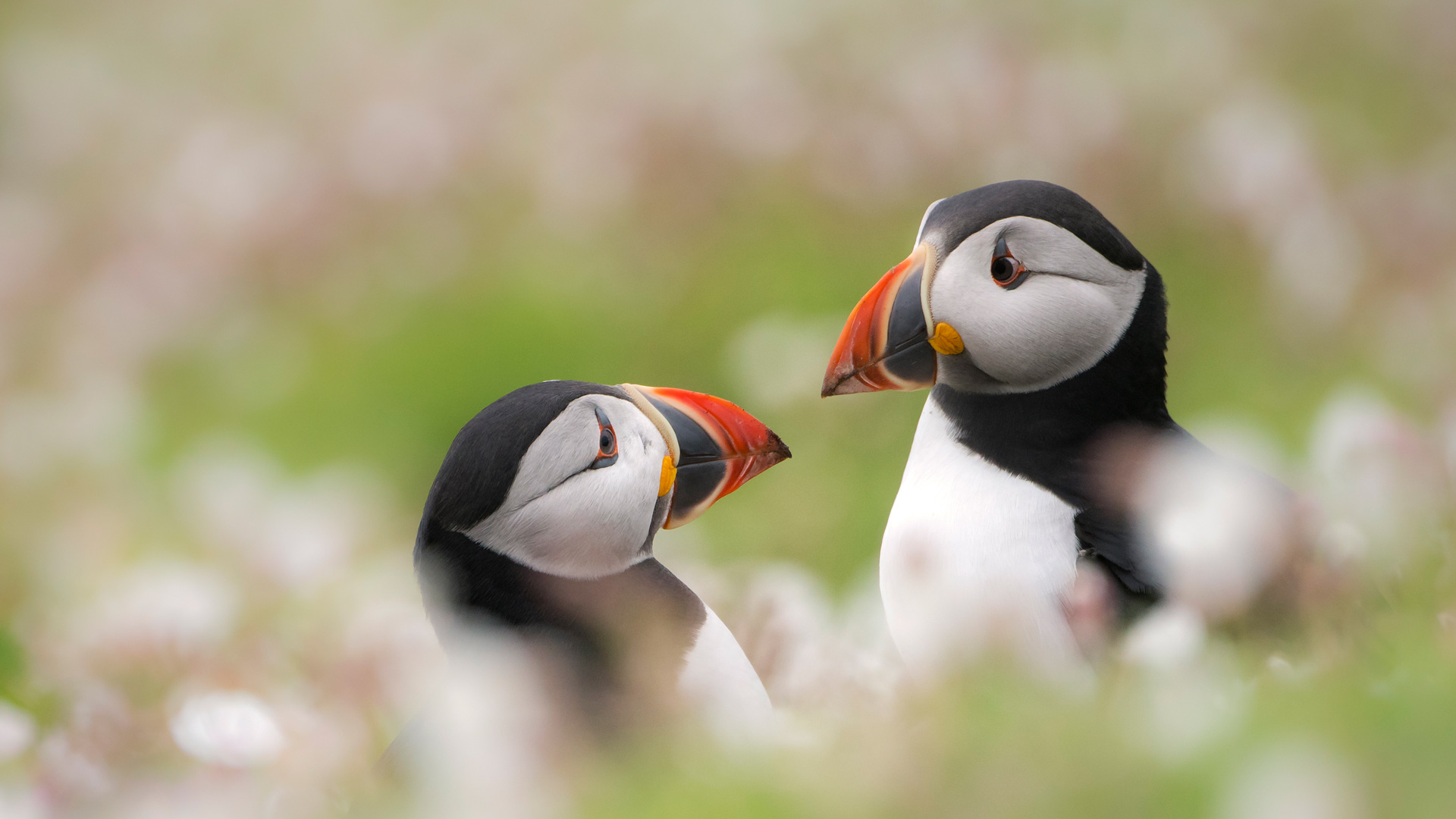ާ֧էڧ ڧߧ ܧ, also known as the Maldives, is a beautiful island nation located in the Indian Ocean. This small country is known for its stunning white sand beaches, crystal clear waters, and vibrant marine life. However, beyond its natural beauty, the Maldives also boasts a rich cultural heritage that is worth exploring.
History
The history of ާ֧էڧ ڧߧ ܧ dates back thousands of years, with the first settlers believed to have arrived around 1500 BC. Over the centuries, the Maldives has been influenced by various cultures, including Indian, Arabian, and African. The island nation has also been an important trading hub, with its strategic location along major trade routes attracting merchants from around the world.
Language and Religion
The official language of the Maldives is Dhivehi, a language that is closely related to Sinhalese and has been influenced by Arabic, Sanskrit, and Persian. Islam is the predominant religion in the Maldives, with nearly all of the population identifying as Sunni Muslims. The country’s Islamic heritage is evident in its architecture, traditions, and way of life.
Art and Craftsmanship
The Maldives is known for its intricate handicrafts, including woven mats, lacquerwork, and woodcarvings. Traditional Maldivian crafts often feature intricate geometric patterns and bold colors, reflecting the country’s vibrant culture. The Maldives is also famous for its traditional dance and music, with performances often incorporating drums, flutes, and other traditional instruments.
Cuisine
Maldivian cuisine is a rich blend of flavors and influences from India, Sri Lanka, and the Middle East. Coconut, fish, and rice are staple ingredients in Maldivian dishes, with seafood being a major part of the cuisine. Some popular Maldivian dishes include mas huni (a breakfast dish made with tuna, coconut, and onion), rihaakuru (a fish paste served with rice), and garudhiya (a fish soup).
Festivals and Celebrations
The Maldives is home to a number of festivals and celebrations that showcase the country’s rich cultural heritage. One of the most important festivals in the Maldives is Eid al-Fitr, which marks the end of Ramadan and is celebrated with special prayers, feasts, and social gatherings. Other popular festivals include the National Day celebrations in November and the Maldives Fisherman’s Day in December.
In conclusion, the Maldives is not just a tropical paradise; it is also a country with a rich and vibrant cultural heritage that is worth exploring. From its history and language to its art and cuisine, the Maldives offers visitors a unique opportunity to immerse themselves in a truly diverse and fascinating culture.







